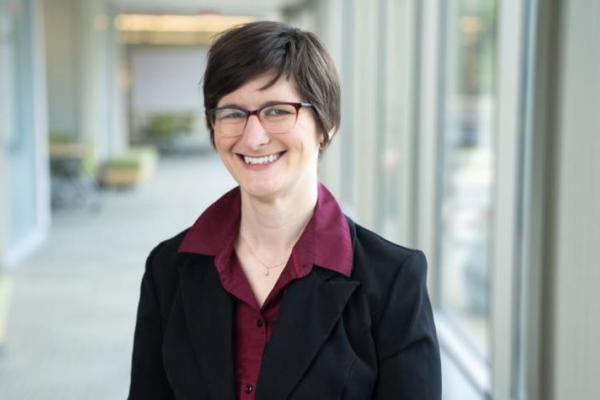UK Superfund Student Li Xiao
Superfund trainee Li Xiao, a third-year Ph.D. student who is working with Dr. “DB” Dibakar Bhattacharyya, is using green tea to create nanoparticles that can degrade highly toxic pollutants to nontoxic chemicals.
PCBs (polychlorinated biphenyls)—a class of hazardous chemicals used in coatings for electronics, sealants, adhesives, paint, and flame retardants—were banned in the 1970s, but these toxic compounds continue to linger in groundwater and soil.
Kentucky has more than 200 hazardous waste sites on the active list for control, cleanup or monitoring under the federal Superfund program. One such site is the Paducah Gaseous Diffusion Plant, the only operating uranium-enrichment plant in the United States and one of the top 14 sites on the EPA's national priority list. Xiao is testing the efficacy of her nanoparticles in degrading toxic water samples from Paducah.
More from this series Graduate Research
Credits
Produced by Alicia P. Gregory, videography/direction by Chad Rumford (Research Communications).



